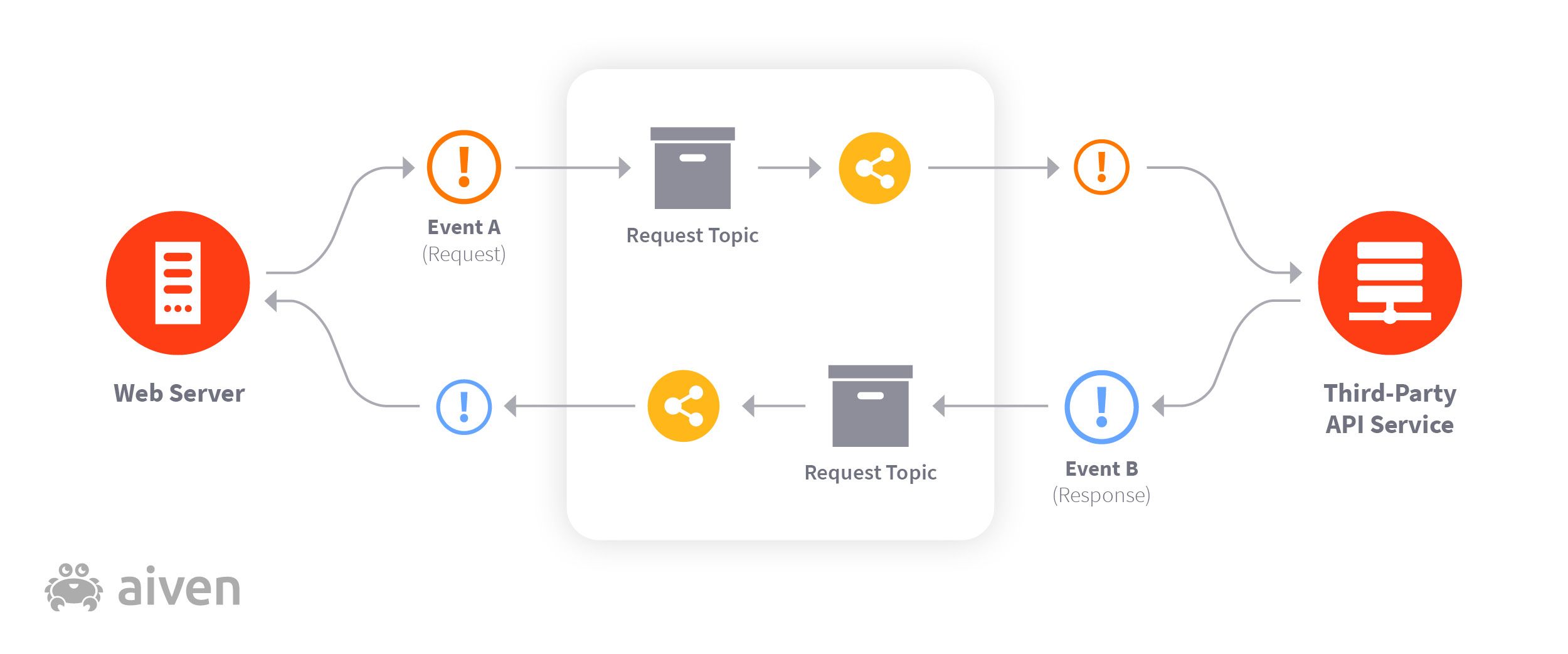Event-driven programming, also known as event-based programming or event-oriented programming, is a programming paradigm in which code is structured around handling triggered events. These events can be triggered by user actions, a change in a process, or based on a timeout or any other type of asynchronous input.
Event-driven programming allows code separation that makes debugging and testing relatively easy. It also allows code reusability, which makes the development process a lot quicker.
In traditional procedural programming, functions are called in any order depending on a program’s logic. With event-driven programming, code is structured around triggered events. These events are put into a queue and are fired one after the other. If the events have multiple handlers attached to them, they all will be called in order of priority.
To implement event-driven programming, the code and the events must be separated. This means that the code should go into modules and the events should go into a queue where they are managed and fired off.
There are multiple languages that support event-driven programming, such as Python, Java, JavaScript, C#, and Visual Basic.
Event-driven programming is widely used in computer programming including web development, desktop development, GUI development, and mobile development. It is also used in databases, word processing applications, and video games.
Event-driven programming can be compared to predictive programming, which executes a pre-defined set of instructions ahead of the user’s input. By contrast, event-driven programming is reactive, as it waits for the user’s interaction in the form of an event before the program can react.





